
This impact story is part of a series to celebrate the extraordinary pro bono projects undertaken by legal teams to support NGOs and social enterprises with the support of TrustLaw. All projects mentioned in this series are nominated for this year’s TrustLaw Awards. Find out more.”¯
Over the last two decades businesses’ use of data has transformed the global economy, an economy that has become dependent on targeted advertising and where cross-border e-commerce is valued at an estimated $2.7 trillion worldwide. The enormous value of data as a commodity means that regulation is needed to protect personal data and ensure privacy.
Argentina pioneered Latin American data regulation by having the first robust data protection law, but this regulation, enacted in 2000, is now outdated and needs reform. Democracia en Red, an Argentine non-profit organisation that uses technology to bring democracy to the 21st century, believes that current legislation has not kept up with the digital transformation. The 2000 law is no longer a protective mechanism in the face of surging e-commerce and the expanding use of biometric data, and also lacks gender perspective, meaning there is no specific data protection for women reporting domestic violence, sexual abuse and other gender-based crimes.
To address these shortcomings, Democracia en Red is working to submit a new data protection bill to Argentine Congress for their consideration. As part of this effort, the NGO approached TrustLaw, the Thomson Reuters Foundation’s pro bono legal service, with the idea of developing a comparative study to identify successful data protection laws from other countries. Once identified, these laws could be adapted for use in Argentina and used to inform their bill proposal.
TrustLaw connected Democracia en red with law firms Gómez Pinzón in Colombia, who helped coordinate this project; Cervieri Monsuarez in Uruguay; Bruchou & Funes de Roja in Argentina; ObradorDigital Legal in Chile; KLA Advogados in Brazil; Goebel & Muthspiel in Mexico; Hogan Lovells International LLP in Spain; Dentons LLP in Canada; and DLA Piper in France to produce legal research on legislation on data protection applicable to the local public and private sectors.
Thanks to TrustLaw’s support and the legal assistance provided by the law firms, Democracia en Red developed and launched the report Data Protection: A Legal Comparative Study of 9 Countries. The report addresses five features of data protection legislation in Argentina, France, Chile, Colombia, Canada, Brazil, Spain, Mexico and Uruguay: main laws and regulations, gender perspective, enforcement authority, government access to personal data and implicit consent. The analysis provides an in-depth look at regulation that can ensure privacy and protection of personal data, and is a useful tool to identify standards to adopt in Argentina and other Latin American countries.
Given the relevance of the study, which came at a time when debates around data protection law reforms are going on across the region, the report aroused the interest of local media outlets in Argentina and Mexico, who helped cover and disseminate the resource.
This report has been fundamental to helping Democracia en Red participate in discussions held by the Argentine data protection enforcement authority and position itself as one of the key contributors to the law reform. It will also be shared with members of Congress once the bill is submitted and is publicly available for consultation by citizens.
Florencia Caffarone, Co-Director at Democracia en Red, shared that: “Thanks to the knowledge acquired through the research, we could contribute with quality information that enriched debate around the new law.” She added: “For us it is extremely valuable to hear different perspectives and work with local and foreign experts on the topic of ensuring data privacy in digital platforms and carrying out a comparative analysis on data protection laws.”
Lina María Moya Ortiz, Pro Bono Coordinator at Gomez Pinzón, said: “The impact of this work lies in understanding and comparing multijurisdictional perspectives on the same topic, which allowed us to develop an informative tool for advocacy, not just for Argentina, but also for other organisations that want to take action.”
More Impact Stories
View All Impact Stories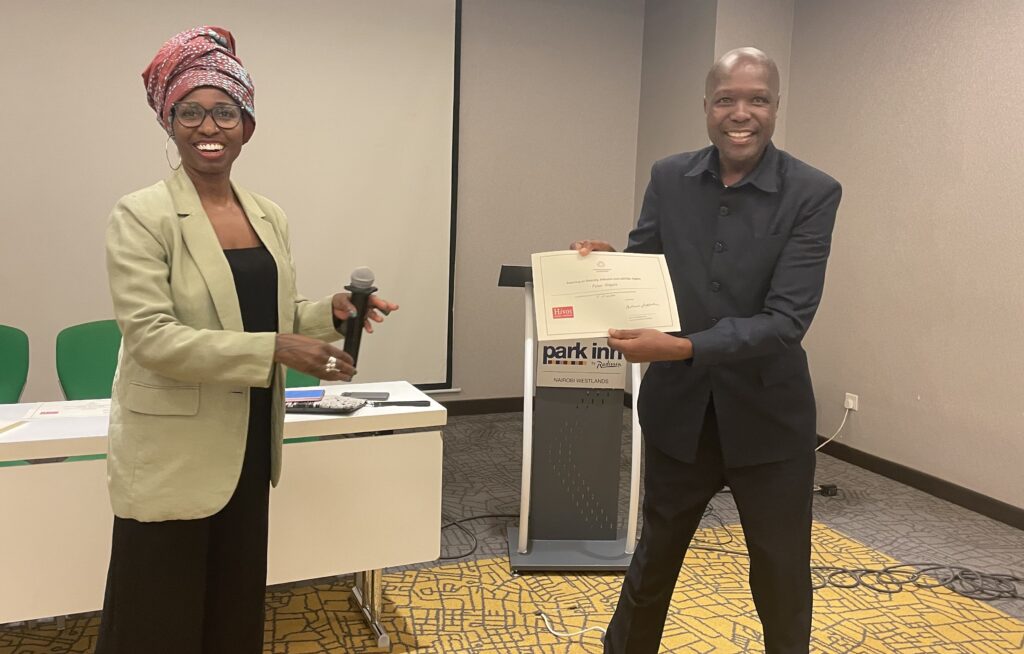
Reporting with empathy: one journalist’s journey to allyship
Discover how training from the…
Read More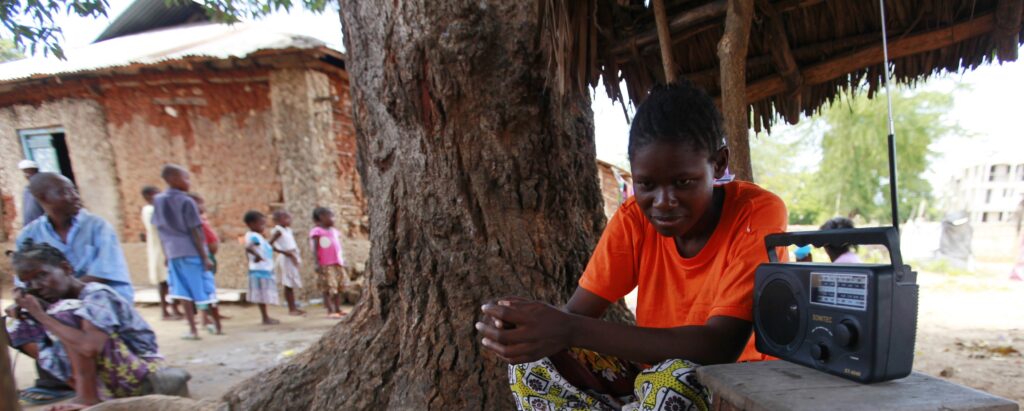
Shielding community journalism: How pro bono legal expertise broke the cycle of self-censorship for one Kenyan radio station
As Kenyan radio station Radio Domus ramped up the content it was putting out on digital platforms to…
Read More
Combatting international corruption: The pro bono research behind the landmark Foreign Extortion Prevention Act
The absence of any U.S. law stopping a foreign official from demanding a bribe from an American…
Read More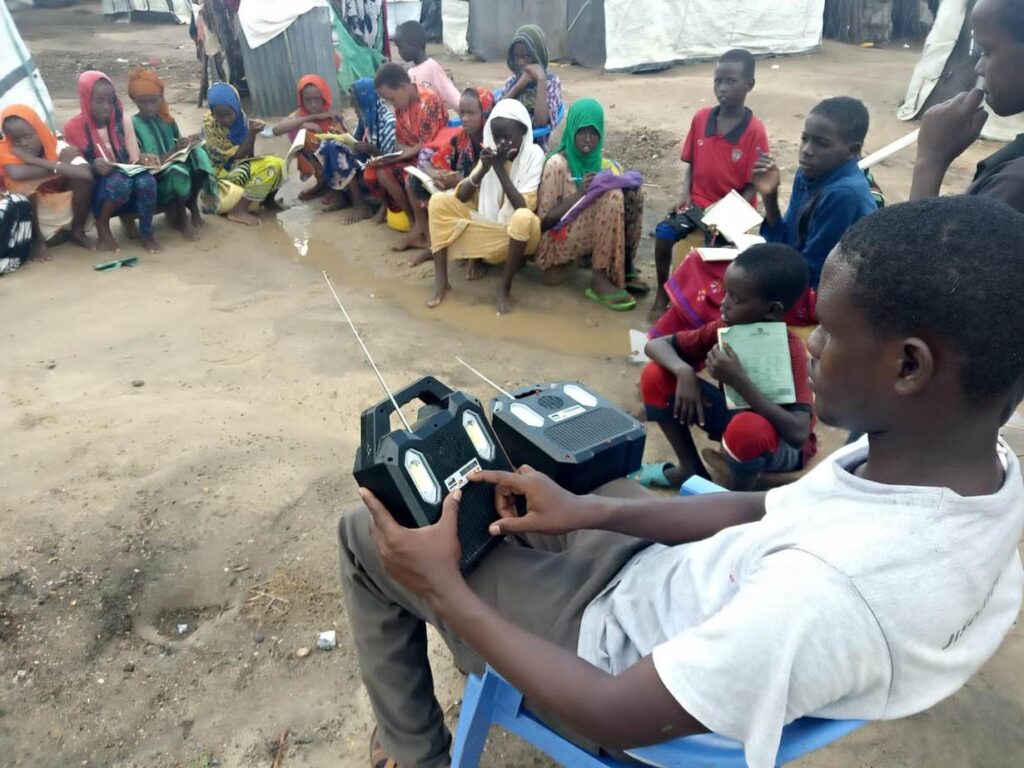
The value of pro bono: Radio Domus
Radio Domus FM is a non-profit youth-centric, 24-hour community radio station in Kajiado…
Read More

Delivering pro bono legal services in France
Participation in pro bono initiatives is on the rise in France,…
Read More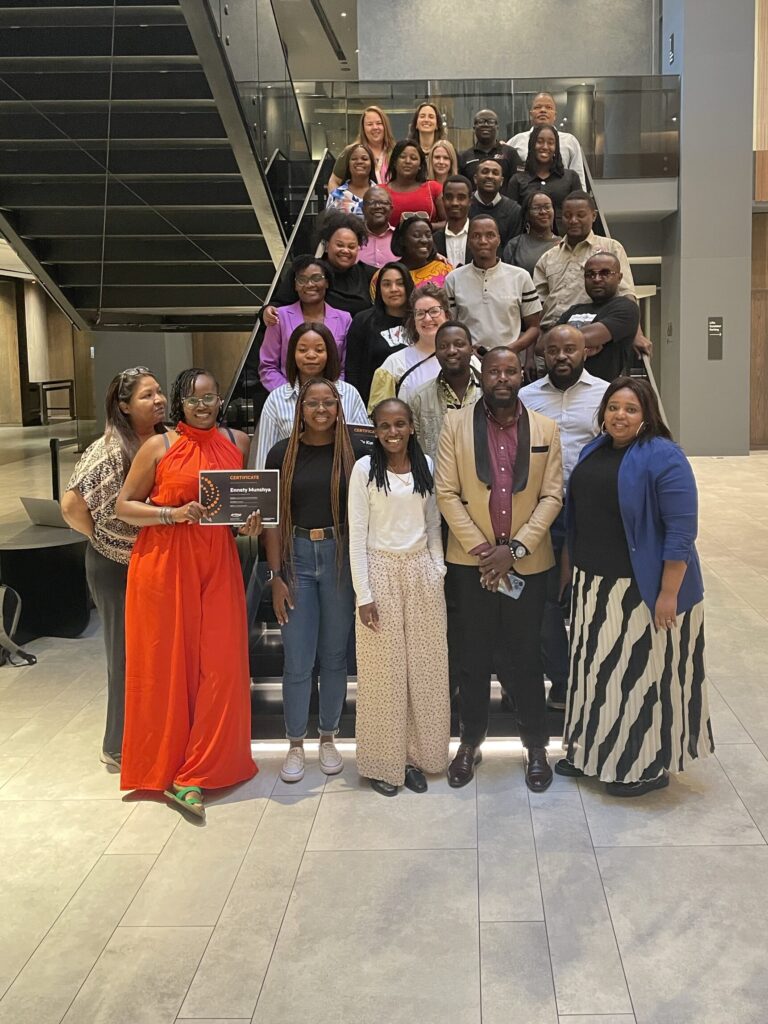
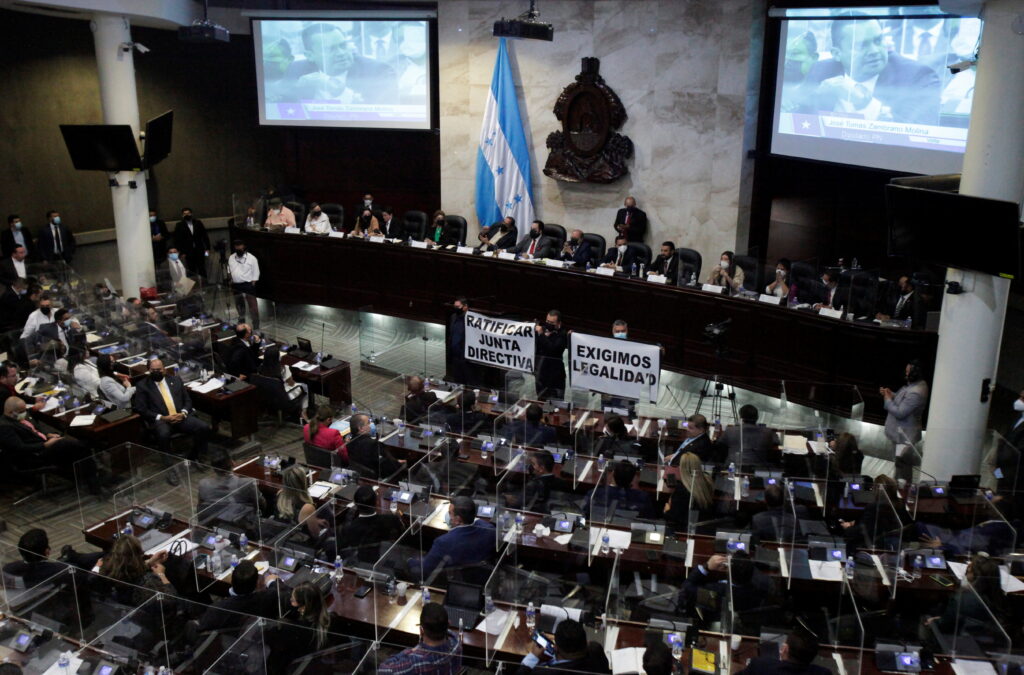
Delivering pro bono legal services in Latin America
New technologies are enhancing pro bono work in Latin…
Read More
Delivering pro bono legal services in the United States
In 2020, White & Case created its Access to Justice…
Read More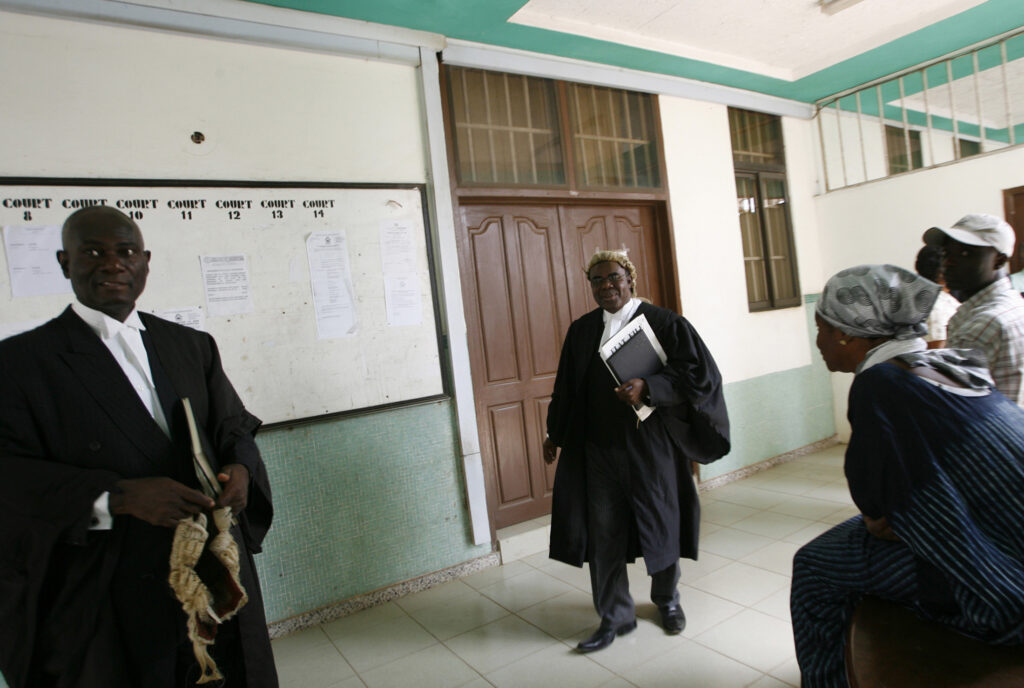
Delivering pro bono legal services in Ghana
The legal community in Ghana is frequently engaged in dialogue about…
Read More

